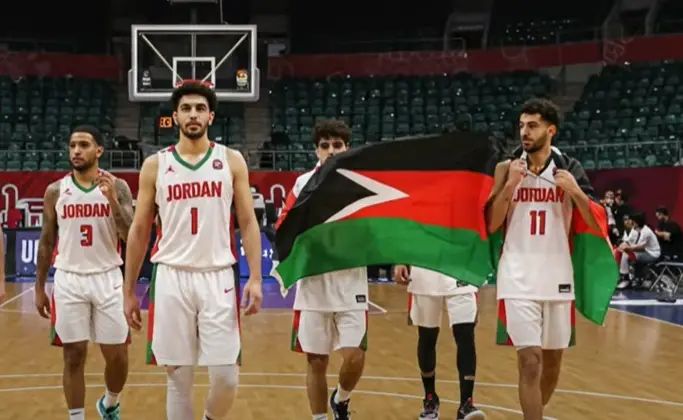The International Olympic Committee (IOC) is set to implement a comprehensive review of its gender eligibility policies in response to the contentious events surrounding the Paris 2024 Summer Olympics. This decision follows widespread criticism and calls for reform after two female boxers, Imane Khelif of Algeria and Lin Yu-ting of Chinese Taipei, were allowed to compete despite failing gender eligibility tests.
Background of the Controversy
During the 2023 World Boxing Championships, both Khelif and Lin were disqualified after the International Boxing Association (IBA) conducted gender eligibility tests, which reportedly indicated that they had XY chromosomes, typically associated with male biological sex. These findings led to their exclusion from the competition. However, when the IOC assumed control over the boxing events at the Paris 2024 Olympics, it permitted the two athletes to compete, citing compliance with the eligibility rules in their passports and the absence of conclusive evidence to the contrary.
The IOC’s decision to allow Khelif and Lin to participate sparked a global debate on the fairness and integrity of women’s sports. Critics argued that the athletes’ participation undermined the principles of fair competition, while supporters contended that the IOC’s actions were in line with its commitment to inclusivity and non-discrimination.
IOC’s Response and Policy Reevaluation
In the aftermath of the controversy, IOC President Thomas Bach defended the organization’s stance, emphasizing that both Khelif and Lin had been legally recognized as women and had competed as such throughout their careers. He criticized the backlash as being fueled by misinformation and political agendas, stating, “We are not talking about the transgender issue here. This is about a woman taking part in a woman’s category.”
Despite Bach’s defense, the IOC acknowledged the need for a more robust and transparent policy regarding gender eligibility. In a recent statement, the IOC announced the formation of a task force comprising medical experts, ethicists, and representatives from various international sports federations. This task force is charged with developing a science-based framework to guide gender eligibility criteria across all Olympic sports.
Implications for Future Competitions
The IOC’s forthcoming policy is expected to address several key issues:
- Standardized Testing Protocols: Establishing clear and consistent guidelines for gender eligibility testing to ensure fairness and transparency.
- Consideration of Biological Factors: Incorporating scientific research on the advantages conferred by male puberty in certain sports disciplines.
- Protection of Athlete Rights: Safeguarding the dignity and rights of all athletes, particularly those with differences in sex development (DSD) or transgender athletes.
- Sport-Specific Regulations: Recognizing that different sports may require tailored approaches based on their unique physical demands.

The IOC has emphasized that any new policies will be prospective, meaning they will apply to future competitions and not retroactively alter results or standings from past events, including the Paris 2024 Olympics.
Reactions from the Sporting Community
The announcement has elicited a range of responses from the global sporting community. Advocacy groups for transgender rights have welcomed the IOC’s commitment to a more nuanced and evidence-based approach. They argue that such policies are essential to balance inclusivity with fairness in competitive sports.
Conversely, some athletes and coaches express concern that the proposed changes may not adequately address the complexities of gender identity and its impact on competition. They urge the IOC to engage in broader consultations with stakeholders to ensure that the new policies are both scientifically sound and ethically justifiable.
Where can I get some?
As the IOC moves forward with its review and revision of gender eligibility policies, the Paris 2024 controversy serves as a pivotal moment in the ongoing dialogue about fairness, inclusivity, and the evolving understanding of gender in sports. The outcomes of this process will likely set precedents for how gender is defined and regulated in future Olympic competitions.
The IOC has pledged to release the findings and recommendations of the task force by the end of 2025, with the aim of implementing the new policies in time for the 2026 Winter Olympics in Milan-Cortina. The global sporting community will be closely monitoring these developments, as they will undoubtedly shape the landscape of Olympic competition for years to come.








